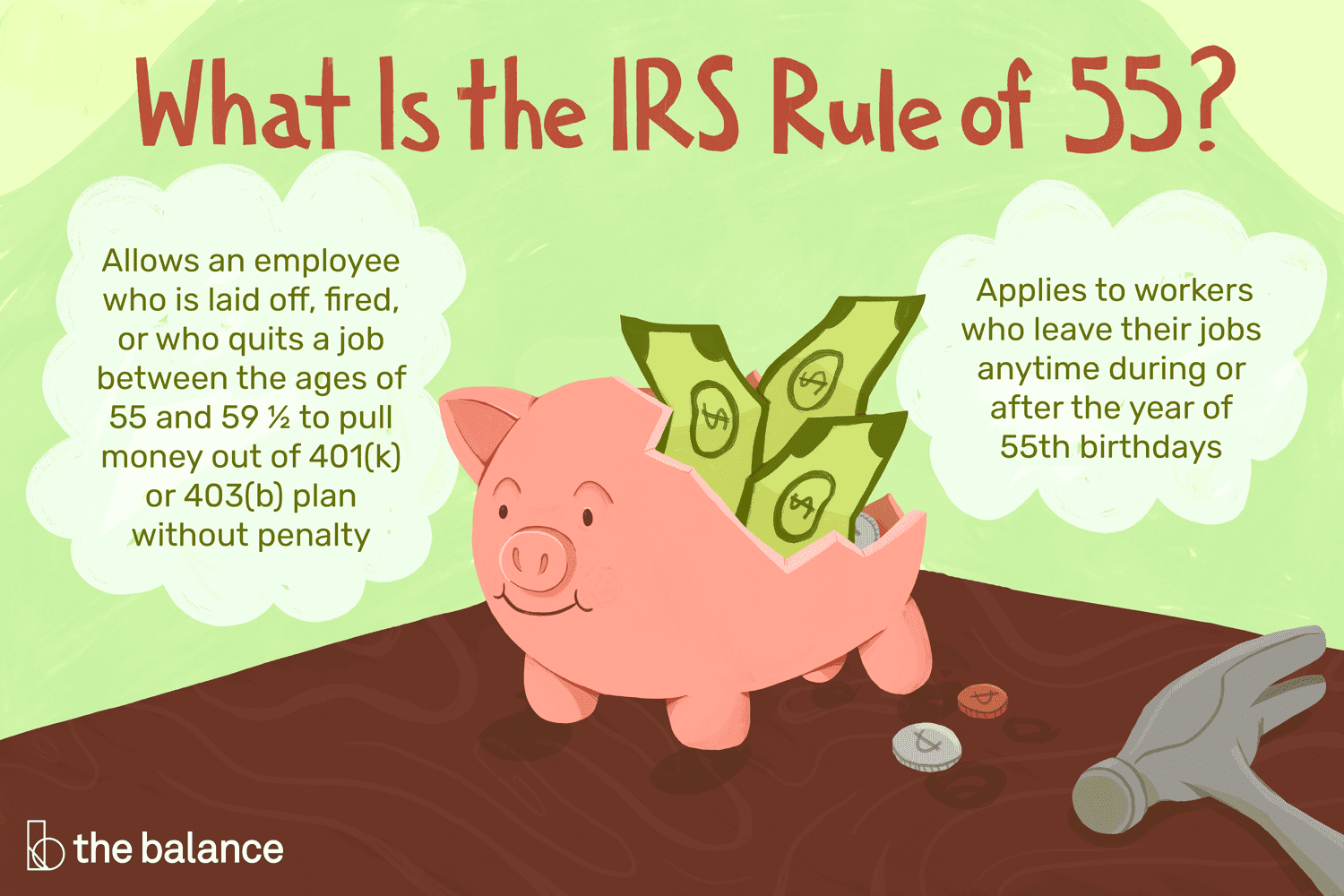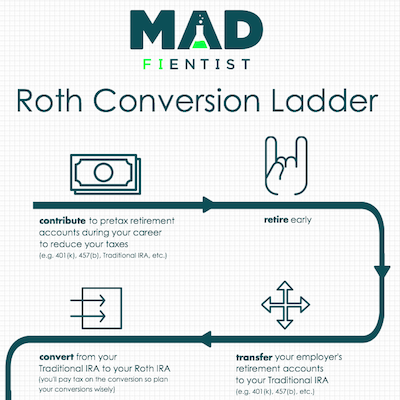D
deleted171991
That is true, but it's a lifetime learning process, and it's never too early to start planning. There are many questions that need answering (location, living expenses, healthcare, tax optimization etc.), and it takes years to plan (there is little room for mistake).Obviously a lot can change in that time so I guess I will worry about crossing that bridge when it comes
For example, my family is now at about 50-60% of our ballpark number. Once we are at about 90, I'll start putting everything on paper. We are leaning more towards "part-time retirement", so we don't lose our professional skills, at least for the first few years, and we have a backup plan.
Also, I think personal financial education is an absolute must, FIRE or not. NOBODY looks out more for one's interests than oneself.
Last edited by a moderator:


 I suspect that is not Kosher.
I suspect that is not Kosher.




